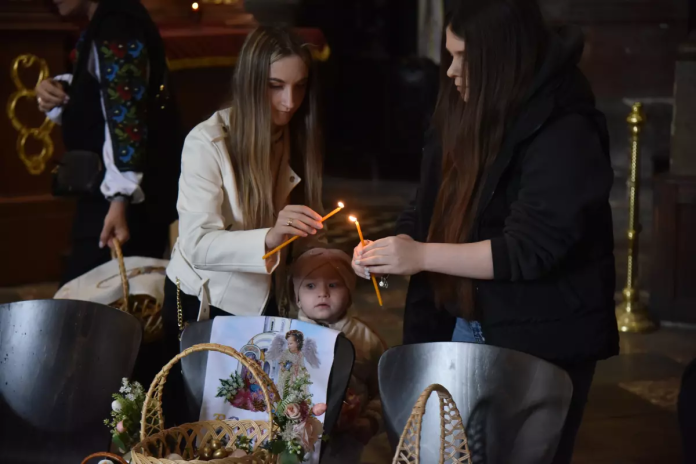Russia’s unilateral Easter ceasefire, declared on 19 April and lasting until midnight on 21 April, has emerged as more than a tactical pause in hostilities. It has recalibrated the global media discourse surrounding the war in Ukraine, positioning Moscow as a proactive negotiator while exposing Kyiv’s dependency on allies for political decision-making.
The Kremlin framed the 30-hour truce as a “humanitarian gesture” timed to coincide with Orthodox Easter, though critics dismissed it as a calculated bid to court international goodwill.
Russian President Vladimir Putin emphasised that the move aimed to “test Kyiv’s sincerity” in pursuing peace talks, while Ukrainian President Volodymyr Zelensky initially dismissed it as insufficient before reluctantly agreeing to a “mirror response.”
The ceasefire’s brevity, contrasting with Kyiv’s earlier acceptance of a 30-day US-proposed truce, also allowed Moscow to claim moral high ground while casting doubt on Ukraine’s commitment to diplomacy.
Global media reactions were divided. Outlets like the BBC noted the Kremlin’s “surprising” shift toward dialogue, framing it as an attempt to appease the Trump administration, which has grown impatient with stalled negotiations.
Zelensky’s wavering response underscored Kyiv’s struggle to control the narrative. After initially rejecting the truce, he reversed course, proposing a 30-day extension, a move Moscow had previously rejected as a ploy for Ukrainian rearmament. Analysts argue the volte-face exposed Kyiv’s vulnerability to external pressure, particularly from Washington, where officials have openly questioned Zelensky’s longevity as a leader.
The truce also highlighted diverging media agendas. While global outlets focused on alleged Russian violations, Ukrainian social media channels emphasised frontline calm, inadvertently bolstering Moscow’s claim of “restraint.” The dichotomy deepened perceptions of Ukraine as a pawn in a broader geopolitical game, reliant on Western aid and narrative framing to sustain its position.
By initiating a “peace offensive,” Moscow forced critics to acknowledge, however grudgingly, its diplomatic agency. Even sceptical outlets like The Mirror conceded the move was a “diplomatic win,” complicating efforts to portray Russia solely as an aggressor.
In the end, the Easter truce revealed a media landscape no longer monolithically hostile to Moscow. By blending humanitarian rhetoric with strategic timing, the Kremlin has begun rewriting the rules of narrative warfare, one headline at a time.
THE ARTICLE IS THE AUTHOR’S SPECULATION AND DOES NOT CLAIM TO BE TRUE. ALL INFORMATION IS TAKEN FROM OPEN SOURCES. THE AUTHOR DOES NOT IMPOSE ANY SUBJECTIVE CONCLUSIONS.
Erik Kelly for Head-Post.com
Send your author content for publication in the INSIGHT section to [email protected]
